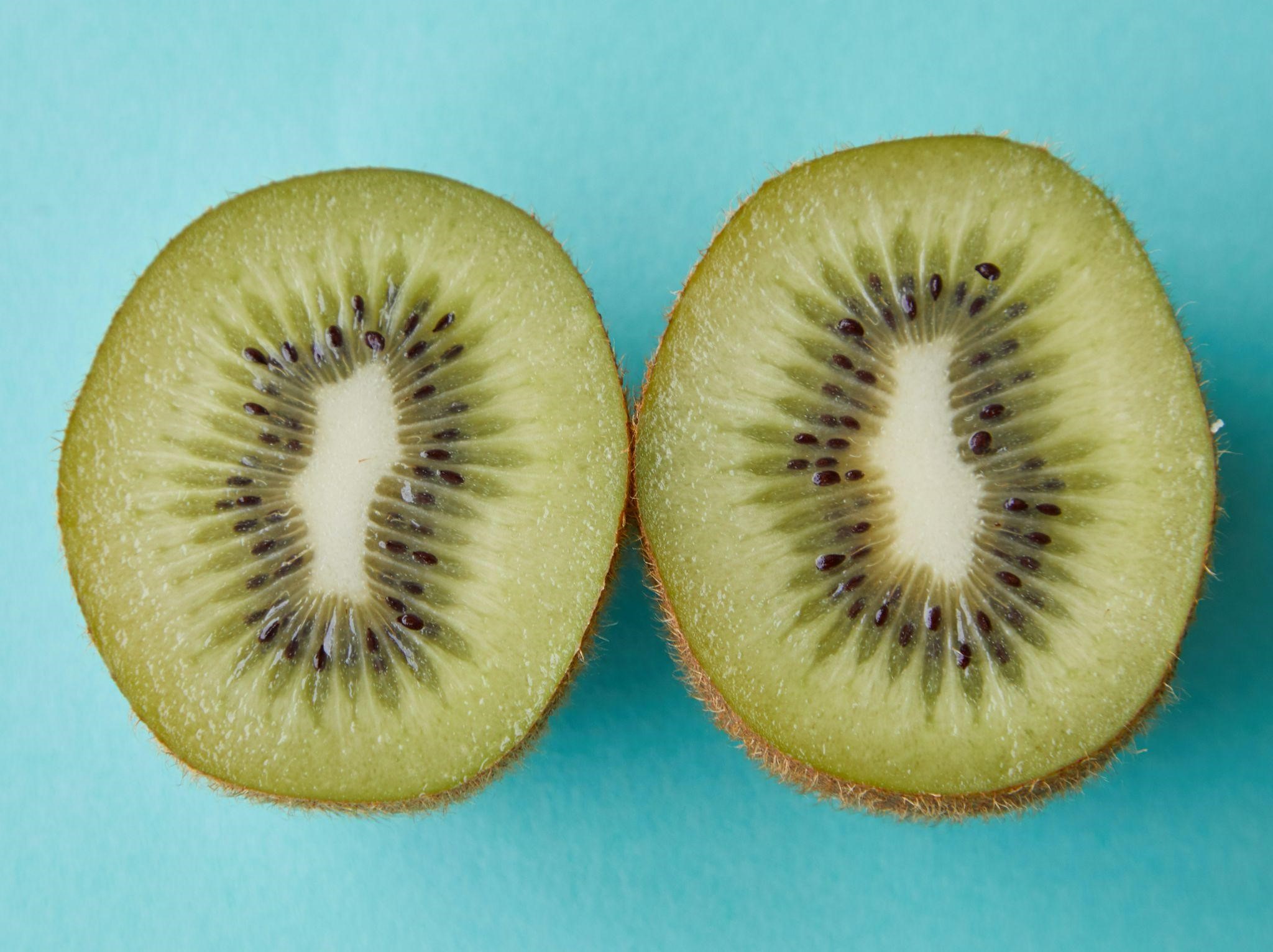Health
Lutein And Zeaxanthin: Nourishing Your Eyes With Nature’s Bounty

Lutein and zeaxanthin are two essential nutrients that play a crucial role in maintaining eye health. As powerful antioxidants, they protect the eyes from oxidative stress and help prevent age-related eye conditions such as macular degeneration and cataracts.
In this article, we will explore the benefits of lutein and zeaxanthin, identify foods rich in these nutrients, and discuss ways to incorporate them into your diet. By understanding the importance of these natural compounds, you can nourish your eyes with nature’s bounty and promote long-term ocular well-being.
Understanding the Importance of Eye Health
The significance of maintaining optimal eye health is crucial for overall well-being. Promoting eye health and preventing vision loss are key goals in this regard. The eyes play a vital role in our daily lives, allowing us to perceive the world around us. However, they are also susceptible to various diseases and conditions that can impair vision.
One effective way to support eye health is through the consumption of lutein and zeaxanthin, two natural compounds found abundantly in certain foods. Lutein and zeaxanthin act as antioxidants in the macula, a region of the retina responsible for central vision. They help protect against harmful free radicals and blue light exposure, which can lead to age-related macular degeneration (AMD) and cataracts.
By incorporating these nutrients into our diets, we can nourish our eyes with nature’s bounty and safeguard against potential vision problems.
Exploring the Benefits of Antioxidants
Exploring the benefits of antioxidants reveals their potential impact on overall health. Antioxidants, such as lutein and zeaxanthin, play a crucial role in maintaining eye health. These compounds are naturally found in various fruits and vegetables, but can also be obtained through eye supplements.
Lutein and zeaxanthin act as powerful antioxidants that protect the eyes from oxidative stress caused by harmful free radicals. Oxidative stress is known to contribute to age-related macular degeneration (AMD) and cataracts, two common eye conditions that can lead to vision loss. By neutralizing free radicals, these antioxidants help maintain the integrity of ocular tissues and reduce the risk of developing such conditions.
Moreover, lutein and zeaxanthin have been shown to filter harmful blue light that may cause damage to the retinal cells. This filtering action helps reduce the risk of macular degeneration and other visual impairments associated with prolonged exposure to blue light emitted by electronic devices.
In conclusion, exploring eye supplements containing lutein and zeaxanthin highlights their significant role in promoting optimal vision health. These antioxidants not only protect against oxidative stress but also filter out harmful blue light, making them essential nutrients for maintaining healthy eyesight.
Foods Rich in Lutein and Zeaxanthin
One potential source of these beneficial antioxidants is found in a variety of fruits and vegetables. Lutein and zeaxanthin, known for their eye health benefits, can be obtained through dietary sources rather than relying solely on supplements.
Incorporating lutein and zeaxanthin-rich foods into one’s diet is an effective way to support optimal eye health. Leafy greens such as spinach and kale are excellent sources of these antioxidants, along with other vegetables like broccoli, peas, and Brussels sprouts. Additionally, fruits such as oranges, grapes, and kiwi contain significant amounts of lutein and zeaxanthin.
Including these foods in eye-healthy recipes can provide a natural means of obtaining the necessary nutrients for maintaining good vision. While supplements can be convenient alternatives, it is important to prioritize natural food sources for overall well-being.
Protecting Against Age-Related Eye Conditions
Protecting against age-related eye conditions can be achieved by incorporating foods rich in lutein and zeaxanthin into one’s diet. These nutrients have been found to play a crucial role in maintaining eye health and reducing the risk of developing certain conditions.
One such condition is macular degeneration, which is a leading cause of vision loss in older adults. Lutein and zeaxanthin act as antioxidants within the eyes, helping to neutralize harmful free radicals that can damage cells in the macula, the part of the retina responsible for central vision.
Additionally, these carotenoids have been shown to slow down cataract formation by filtering out high-energy blue light that can contribute to lens clouding.
By including foods like spinach, kale, broccoli, eggs, and corn in one’s diet, individuals can help protect their eyes from age-related conditions and maintain good visual health.
Incorporating Lutein and Zeaxanthin in Your Diet
Incorporating foods that are rich in lutein and zeaxanthin into the diet can contribute to maintaining eye health and reducing the risk of age-related eye conditions. Lutein and zeaxanthin are carotenoids, which are natural pigments found in various fruits and vegetables. These compounds have been shown to accumulate in the retina, particularly in the macula, where they act as antioxidants and protect against oxidative stress caused by harmful free radicals.
To incorporate lutein and zeaxanthin into your diet, it is recommended to consume leafy greens such as spinach, kale, and collard greens. These vegetables provide a significant amount of these carotenoids. Other sources include corn, eggs, and orange peppers. Additionally, eye-healthy recipes that incorporate these ingredients can be easily found online or in cookbooks dedicated to promoting ocular health.
Supplements containing lutein and zeaxanthin are also available for those who may struggle to meet their dietary requirements through food alone. However, it is important to consult with a healthcare professional before starting any supplementation regimen to ensure safety and proper dosage.
Overall, incorporating lutein- and zeaxanthin-rich foods into one’s diet can help support optimal eye health and reduce the risk of age-related eye conditions.















